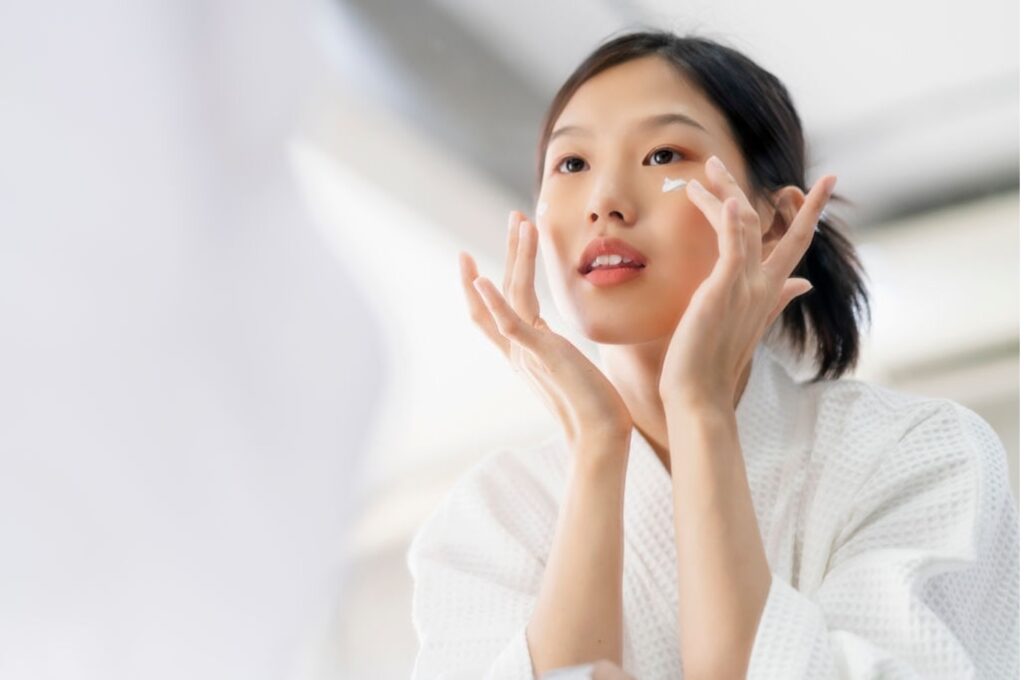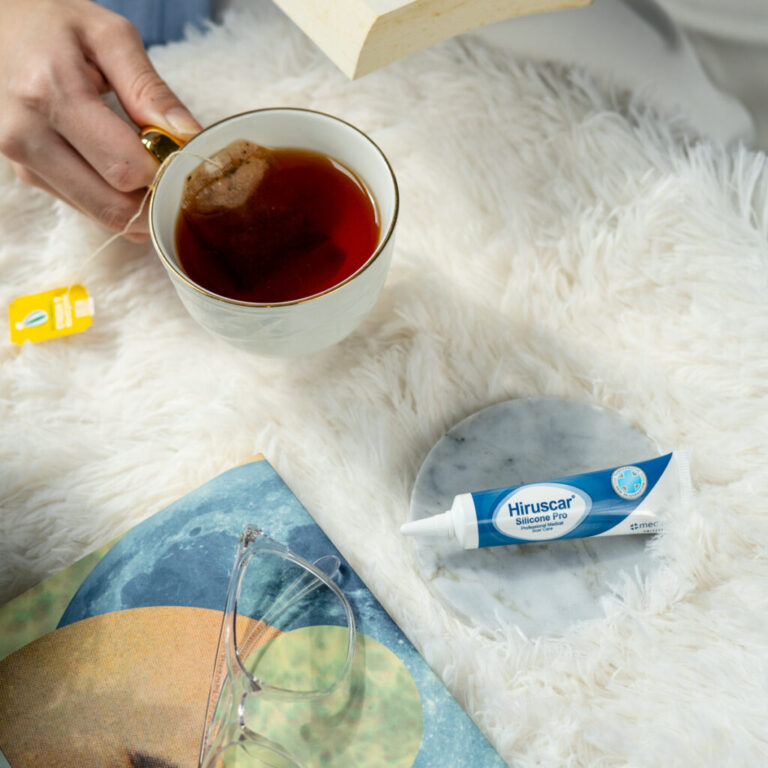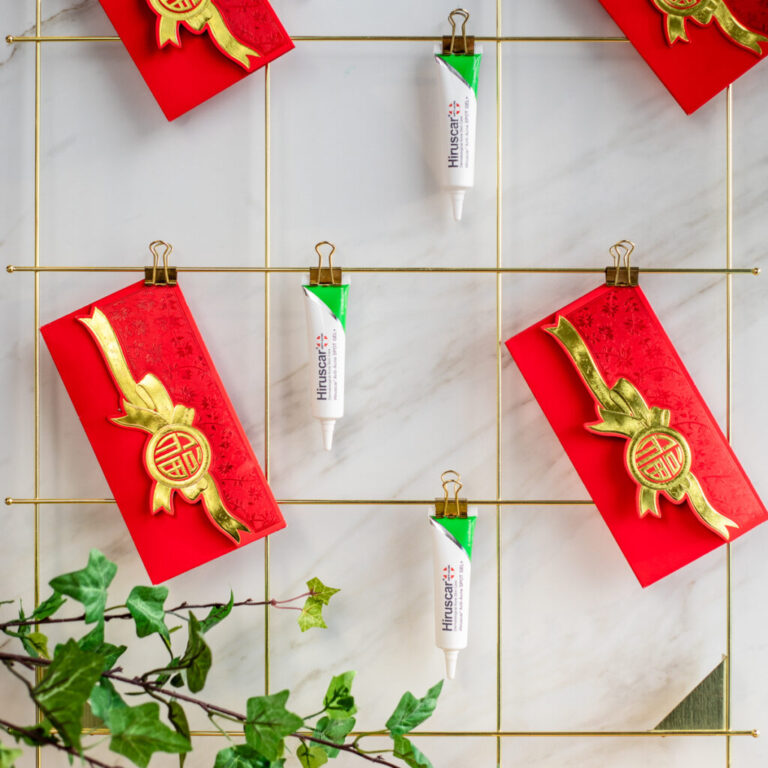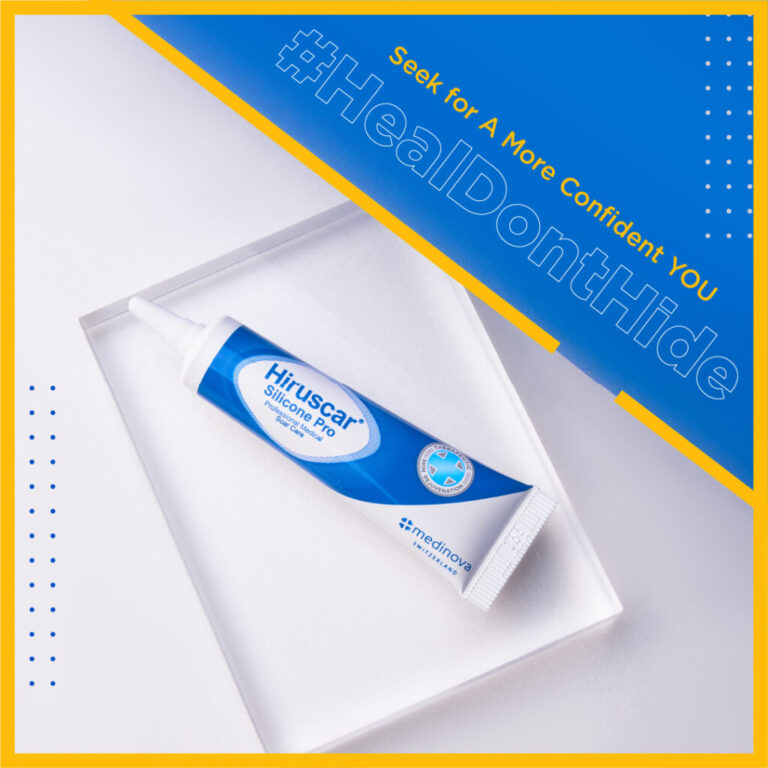
Apart from puberty, other causes, such as side effects of certain drugs, not keeping your skin clean, certain foods, and too much stress, can cause or exacerbate acne.
Unfortunately, our hormone levels are not a factor we can control. However, we should concentrate on the factors within our control and build an atmosphere in our bodies that will minimize or prevent acne from worsening.
The following are practices you should avoid if you have acne-prone skin.
1. Trying a new acne treatment every week or so
Doing this can irritate your skin, resulting in breakouts. Instead, give one product some time to work. A product can be used for 6 to 8 weeks. It takes that long to notice a difference.
If you haven’t seen any changes by then, you can try a different product. It typically takes 3 to 4 months to clear your acne completely.
2. Applying acne cream to the blemishes only
Although treating what you see makes sense, this strategy fails to avoid new breakouts. The correct way to apply acne cream(the same applies to acne scar removal cream if you are looking to get rid of acne scar)is to spread a thin layer of the cream uniformly over your acne-prone skin to remove new blemishes.
If you have acne on your forehead, nose, and chin, for example, you should apply the acne treatment evenly to all of these areas of your face.
3. Using acne-causing cosmetics, skincare products, and hair care products
Many skin and hair care items, like cosmetics, contain oil or other ingredients that can cause breakouts.
You will continue to see blemishes if you continue to use them. Rather, use “non-comedogenic” or “won’t clog pores” makeup, sunscreen, skin, and hair-care items. Most people do not experience breakouts as a result of using these items.
4. Sharing makeup, makeup brushes, and makeup applicators
Sharing makeup, even though you only use non-comedogenic items, may cause blemishes. Although it isn’t contagious in itself, acne-causing bacteria, oil, and dead skin cells from other people’s skin can end up in your makeup, brushes, or applicators.
When you use the same makeup kit, you can transfer bacteria, oil, and dead skin cells to your skin. Therefore, ensure that you’re the only one using your lipstick, brushes, and applicators.
5. Sleeping with your makeup on
If you sleep in it, even non-comedogenic makeup will cause acne. Before you go to bed, take off your makeup. There are no exceptions.
Use a makeup remover towelette if you’re too tired to wash your face. Just make sure the towelette is also non-comedogenic.
6. Washing your face throughout the day
Washing your face many times a day will irritate your skin more, resulting in more breakouts. Instead, wash your face twice a day, after you get out of bed and before you go to bed.
Additionally, when you’ve finished any sweaty activity, you should wash your face.
7. Drying out your skin
Since acne-prone skin is oily, it’s tempting to use astringents and acne remedies for your face to feel dry. Don’t do it.
Dry skin is irritated skin. You risk having more acne if you irritate your skin. Instead, follow the instructions for using acne medications.
Apply a moisturizer formulated for acne-prone skin if your skin feels dry. After you’ve washed your face, apply the moisturizer twice a day.
Moreover, astringents, rubbing alcohol, and anything else that may dry out the skin should also be avoided.
8. Scrubbing your face clean
It is tempting to scrub your skin clean to get rid of acne. Don’t do it. Scrubbing your skin will irritate it, causing acne to flare up. Instead, consider washing your face gently.
It would be best if you used a gentle, non-comedogenic cleanser. Using your hands, gently massage the cleanser onto your skin in a circular motion. Using just your fingertips, gently wipe it off with warm water. Then, using a clean towel, pat your skin dry.
9. Rubbing off sweat from your skin using a towel
Using a towel to wipe the sweat off your face can irritate your skin and lead to breakouts. Instead, after working out, gently ‘pat’ sweat from the skin with a clean towel.
10. Popping or squeezing breakouts
You’re more likely to drive any of what’s inside (e.g., pus, dead skin cells, or bacteria) deeper into your skin when you pop or squeeze acne. Inflammation grows as a result of this. This can result in more visible acne, as well as scarring and discomfort.
Refrain from popping or squeezing acne. If you have serious or painful acne, you should see a dermatologist to help you clear it up.
Final Thoughts
Following these skincare guidelines and using the best acne and acne scar removal product in Malaysia, such as Hiruscar Anti-Acne, can help many people manage their acne and acne scar.
No one should be upset with having acne and acne scar. With the right practices and treatment, you can get rid of them and have beautiful skin!



